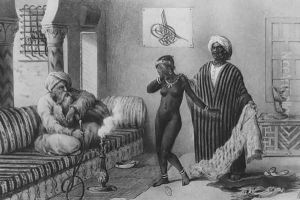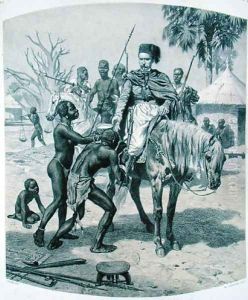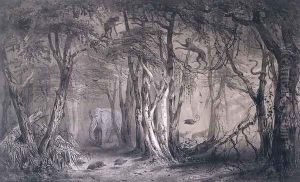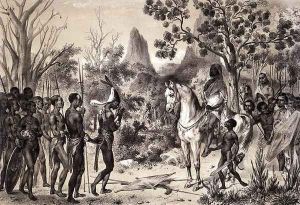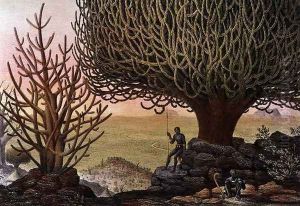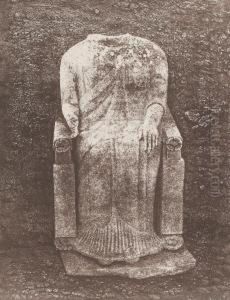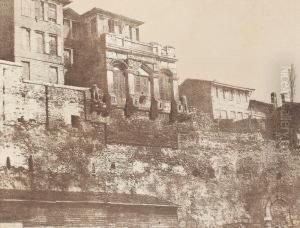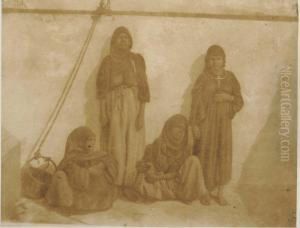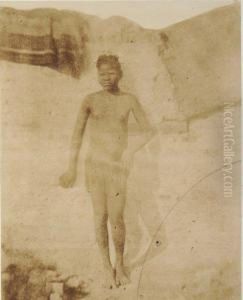Pierre Tremaux Paintings
Pierre Trémaux was a French artist, photographer, architect, and traveler, born in Charrecey, Saône-et-Loire in 1818. He is primarily known for his work in photography, especially during the early development of the medium, and his contributions to architectural theory. Trémaux's life spanned a period of significant transformation in the arts and sciences, and he was a contemporary to the pioneers of photography.
Trémaux started his career as an architect but became increasingly interested in the cultures and architectures of the Middle East and North Africa. This interest would lead to his most significant contributions to both photography and ethnography. In 1847, he embarked on an extensive journey to the Ottoman Empire, Egypt, Sudan, and Ethiopia. During his travels, he took numerous photographs, which are valuable for their early documentation of the regions' people, landscapes, and archaeological sites.
However, Trémaux is also known for his controversial philosophical work 'Origine et transformations de l'homme et des autres êtres' (Origin and Transformations of Man and Other Beings), published in 1865. This work proposed a theory of evolution independent of Charles Darwin's theory, which had been published a few years earlier. Trémaux's theory was based on environmental adaptation and was not widely accepted by the scientific community.
Despite the lack of recognition for his evolutionary theory, Trémaux's photographic work has been lauded for its historical value. His photographs provide a rare glimpse into the landscapes and societies of 19th-century Africa and the Middle East. They are considered important artifacts in the field of early travel photography, helping to shape Western perceptions of these regions at the time.
Pierre Trémaux passed away in 1895, leaving behind a mixed legacy as both a pioneering photographer and a controversial theorist. His work continues to be studied by historians and scholars interested in the development of photography, colonial history, and the history of evolutionary thought.
